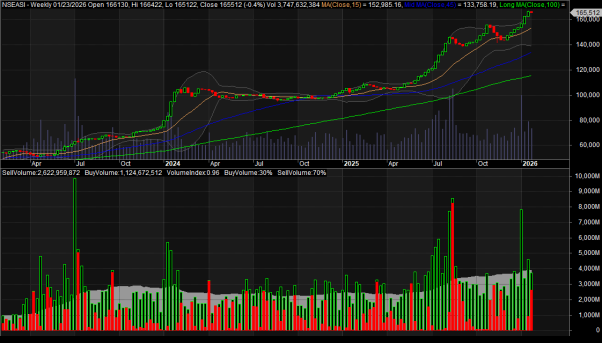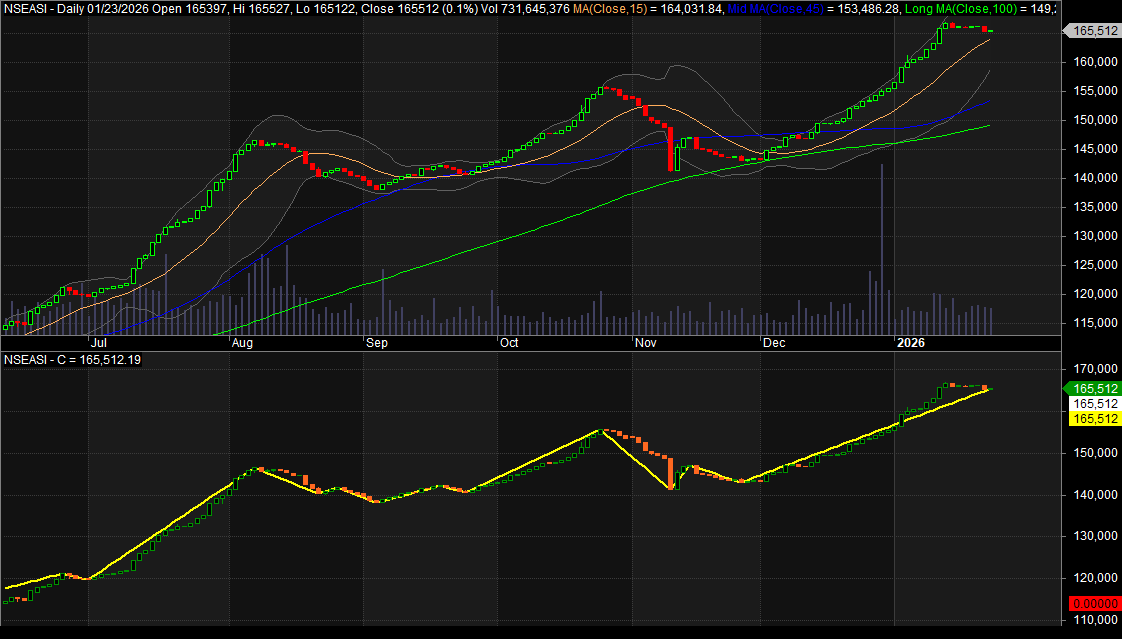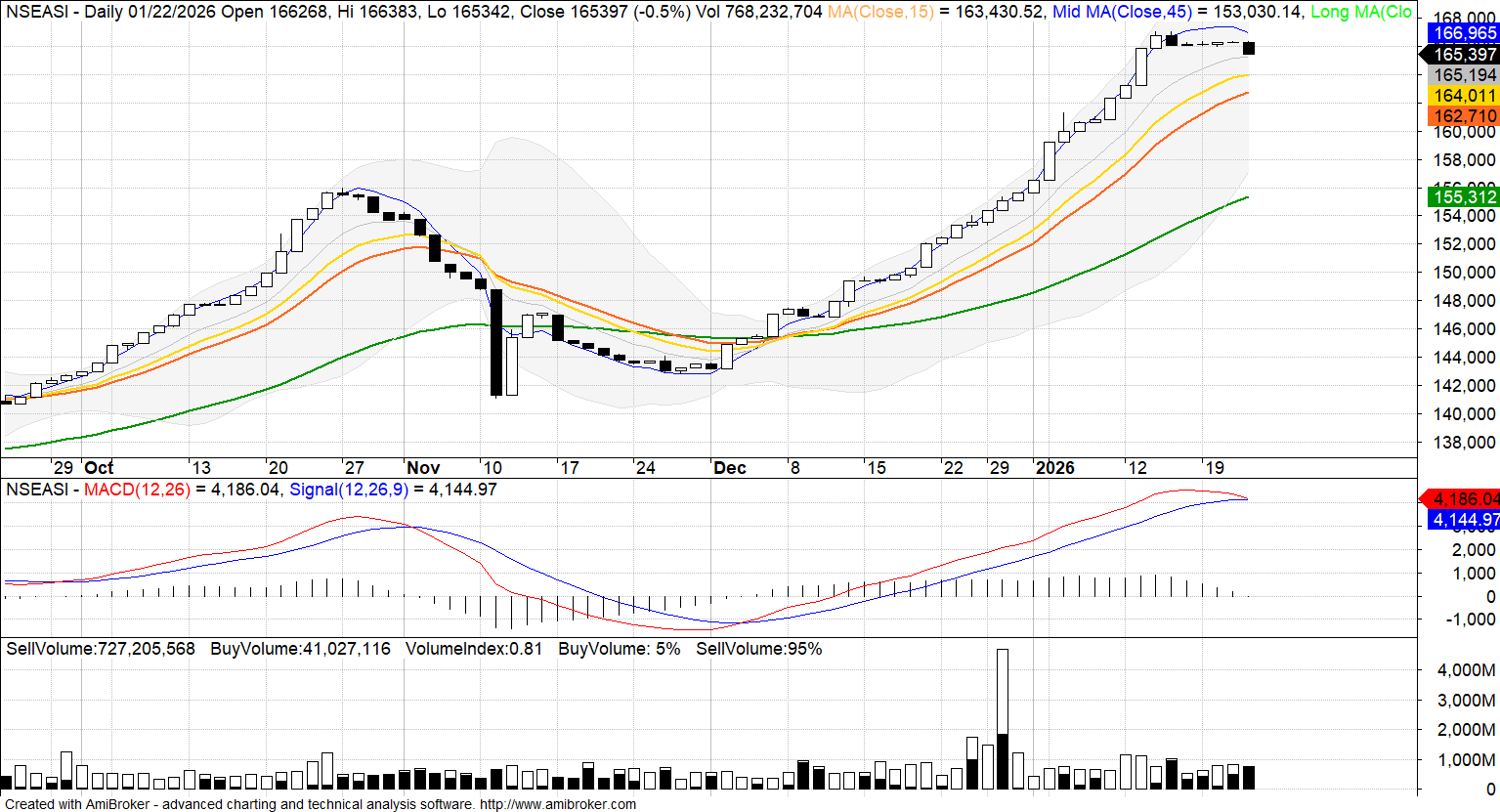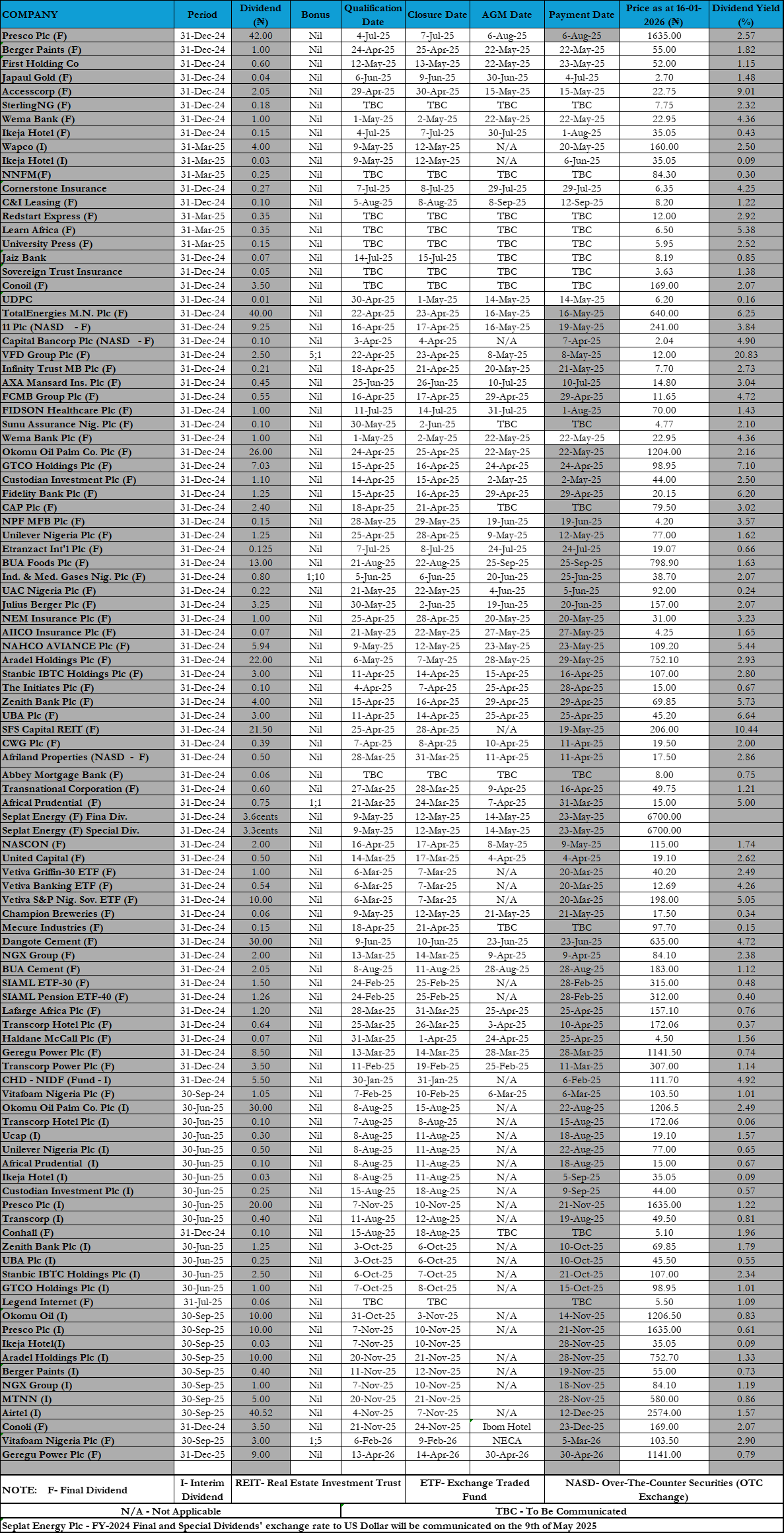Akintunde Oyedokun
Research Analyst
On Monday, oil prices fell over 6%, dropping more than $4 per barrel, following Israel’s weekend strike on Iran that avoided key oil and nuclear facilities, leaving energy supplies steady. Brent crude closed at $71.42 per barrel, down $4.63 (6.09%), while U.S. WTI crude finished at $67.38, down $4.40 (6.13%), with both benchmarks reaching their lowest point since October 1.
Bank of England May Cut Rates November, Amid Declining Inflation
The Bank of England is projected to lower its Bank Rate by 0.25% on November 7, bringing it to 4.75%, according to reports. This anticipated reduction follows a sharp fall in inflation, which reached a three-year low of 1.7% in September, down from 2.2% in the previous month, falling below the BoE’s 2% target. With inflation easing, the Monetary Policy Committee (MPC) has the flexibility to adjust rates next week after opting to pause in September. However, with almost two-thirds of analysts predicting no further rate changes in December, the BoE appears set to maintain a cautious stance through the end of the year.
Yen Hits Three-Month Low Amid Political Uncertainty
The Japanese yen weakened to a three-month low against the U.S. dollar on Monday, as ongoing political developments in Japan fueled uncertainty. The recent election loss by Japan’s ruling coalition has heightened concerns over the future of the country’s economic policies, both fiscal and monetary. This loss introduces new ambiguity into the policy landscape, leaving investors wary of potential shifts in Japan’s approach to economic management.
The U.S. dollar, in contrast, showed strength in response to the yen’s struggles, climbing as much as 1% to reach 153.88—the yen’s lowest level since late July. By the day’s close, the yen had fallen approximately 0.7% to 153.34 against the dollar, bringing its October decline to a substantial 6.4%, the largest of any currency within the G10 grouping. This significant decline reflects the yen’s heightened volatility throughout the year, now intensified by unexpected political outcomes that cast a shadow over Japan’s fiscal and monetary policy direction in the months ahead.
South Africa’s Rand Weakens Ahead of First Mid-Term Budget Review
On Monday, the South African rand exhibited a minor downward movement as market participants and investors eagerly await the impending mid-term budget review, which is set to take place on Wednesday. This review holds particular significance as it will be the first conducted under the coalition government that was formed in June of this year.
At 1501 GMT, the rand was recorded at a trading value of 17.7075 against the U.S. dollar, reflecting a decrease of 0.2% from its previous closing figure, indicating a cautious sentiment among investors.
Finance Minister Enoch Godongwana is scheduled to deliver a comprehensive budget policy statement to parliament, which is anticipated to include crucial updates regarding the current state of public finances. This statement will provide valuable insights into the financial health of the nation as it stands at the midpoint of the fiscal year, offering stakeholders a clearer picture of the economic landscape and future fiscal policies.
CBN, IFC Partner to Boost Local Currency Funding, Targeting $1bn Investment
The Central Bank of Nigeria (CBN) has joined forces with the International Finance Corporation (IFC) to increase access to local currency financing for Nigerian businesses, aiming to mitigate foreign exchange risks that have impacted economic growth. As a member of the World Bank Group, the IFC is committed to “significantly scaling up” its investments in Nigeria, with plans to allocate over $1 billion across key sectors, including agriculture, housing, infrastructure, energy, small and medium-sized enterprises (SMEs), and the creative industry.
Through this partnership, the IFC will be able to better manage currency risks, thereby making it more feasible to invest directly in Nigeria’s naira. This move supports a broader goal of sustainable economic growth by increasing the flow of funds to critical sectors that drive job creation and innovation. The agreement underscores both institutions’ shared commitment to fostering financial stability and stimulating development within Nigeria.











